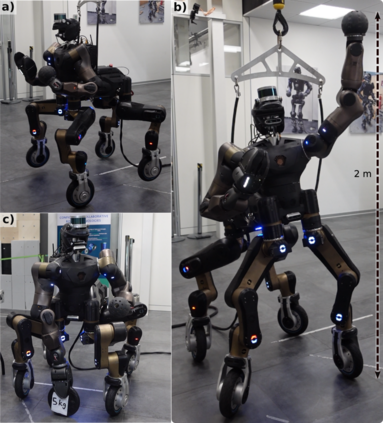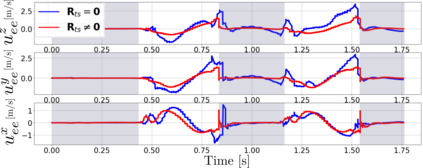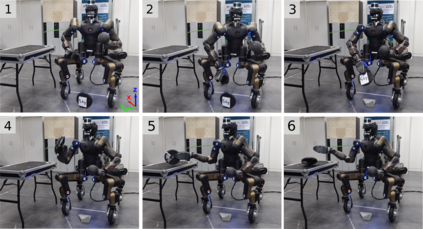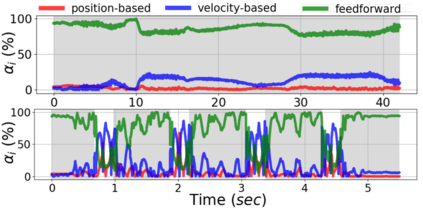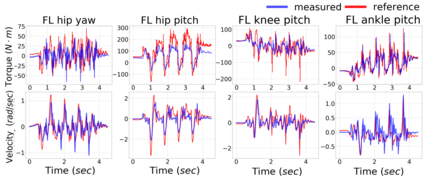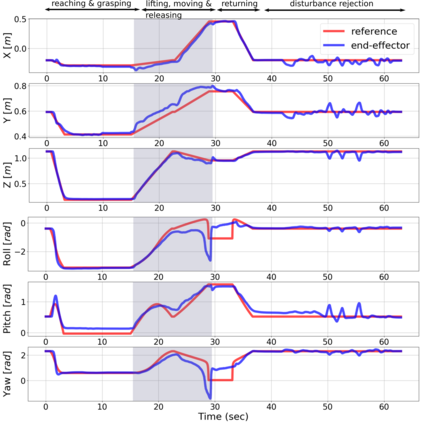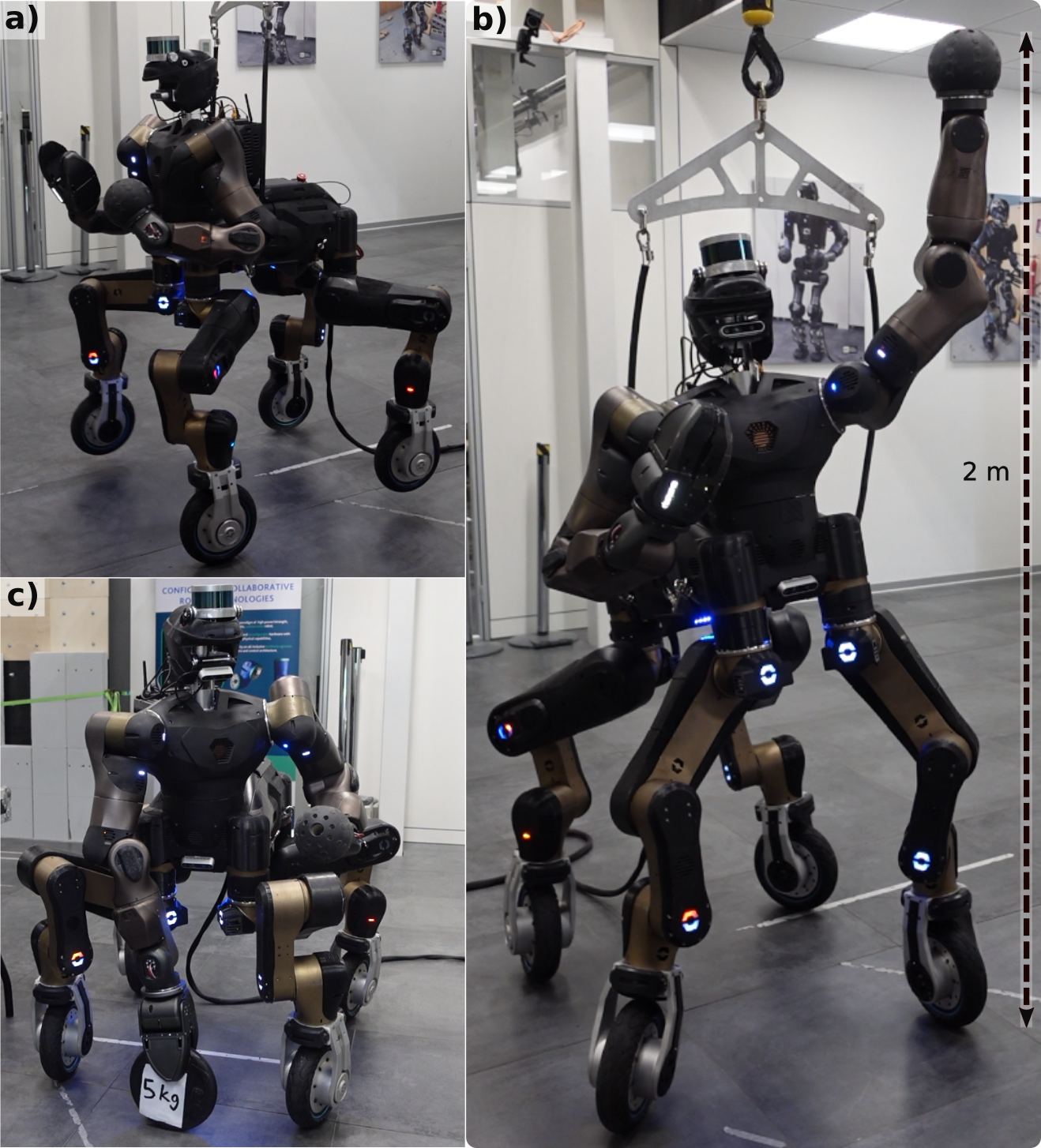Recent progress in legged locomotion has rendered quadruped manipulators a promising solution for performing tasks that require both mobility and manipulation (\emph{loco-manipulation}). In the real world, task specifications and/or environment constraints may require the quadruped manipulator to be equipped with \emph{high redundancy} as well as \emph{whole-body} motion coordination capabilities. This work presents an experimental evaluation of a whole-body Model Predictive Control (MPC) framework achieving real-time performance on a dual-arm quadruped platform consisting of 37 actuated joints. To the best of our knowledge this is the legged manipulator with the highest number of joints to be controlled with real-time whole-body MPC so far. The computational efficiency of the MPC while considering the full robot kinematics and the centroidal dynamics model builds upon an open-source DDP-variant solver and a state-of-the-art optimal control problem formulation. Differently from previous works on quadruped manipulators, the MPC is directly interfaced with the low-level joint impedance controllers without the need of designing an instantaneous whole-body controller. The feasibility on the real hardware is showcased using the CENTAURO platform for the challenging task of picking a heavy object from the ground. Dynamic stepping (trotting) is also showcased for first time with this robot. The results highlight the potential of replanning with whole-body information in a predictive control loop.
翻译:暂无翻译

